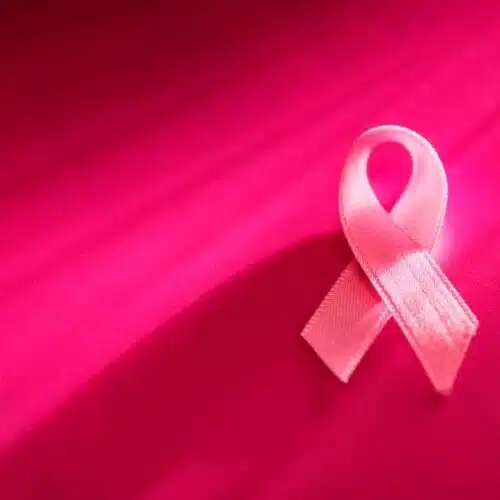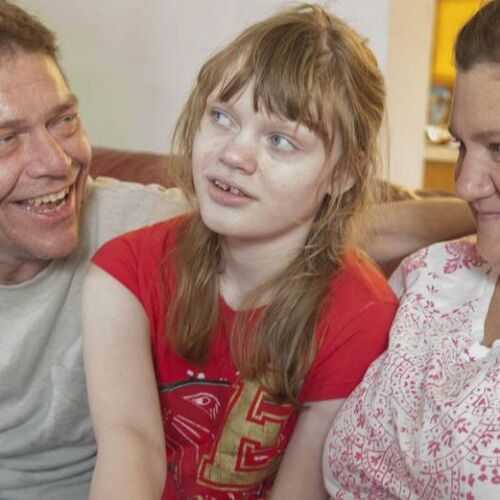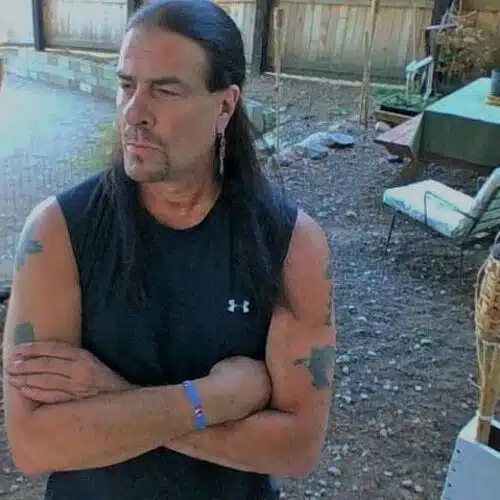After the Washington Post released an article in 1974 that stated THC, “slowed the growth of lung cancers, breast cancers and a virus-induced leukemia in laboratory mice, and prolonged their lives by as much as 36%,” the world was remarkedly quiet about it, considering that this is mind blowing news. It took years, until after the advent of the internet and dissemination of information for the world to buy in. Also, video footage of the cells in action helps drive the point home: certain strains of THC can kill cancer cells and let normal cells live in peace. In 1998, a new study, by Madrid Complutensestated that ”THC can cause cancer cells to die, and unlike chemotherapy the THC kills nothing but the cancer cells, leaving the brain of course completely unharmed.”
Difference between CBD and THC in Medical Marijuana
THC, or tetrahydrocannabinol, is the chemical responsible for most of marijuana’s psychological effects. It acts much like the cannabinoid chemicals made naturally by the body, according to the National Institute on Drug Abuse (NIDA).
Cannabinoid receptors are concentrated in certain areas of the brain associated with thinking, memory, pleasure, coordination and time perception. THC attaches to these receptors and activates them and affects a person’s memory, pleasure, movements, thinking, concentration, coordination, and sensory and time perception, according to NIDA.
THC is one of many compounds found in the resin secreted by glands of the marijuana plant. More of these glands are found around the reproductive organs of the plant than on any other area of the plant. Other compounds unique to marijuana, called cannabinoids, are present in this resin. One cannabinoid, CBD is nonpsychoactive, according to the National Center for Biotechnology Information, and actually blocks the high associated with THC.
Cannabidiol or CBD, is the cannabis compound that has significant medical benefits, but does not make people feel “stoned” and can actually counteract the psychoactivity of THC. CBD does not cause a high, unlike THC. The reason why CBD is non-psychoactive is due to its lack of affinity for CB1 receptors. CB1 receptors are found in high concentrations in the brain, and are the pathways responsible for the psychoactive effects of THC.
CBD and THC levels tend to vary between different strains and varieties of cannabis. By using selective breeding techniques, we have managed to create varieties with high levels of CBD and THC.
It is believed that the Delta 9 THC eradicates cancer cells because they have so many more receptors; they are bombarded, whereas normal cells are treated much more gently.
These three videos are a great example, and even some direct footage, of the THC molecule binding to cells and slaying the cancerous ones.
April 23, 2015


